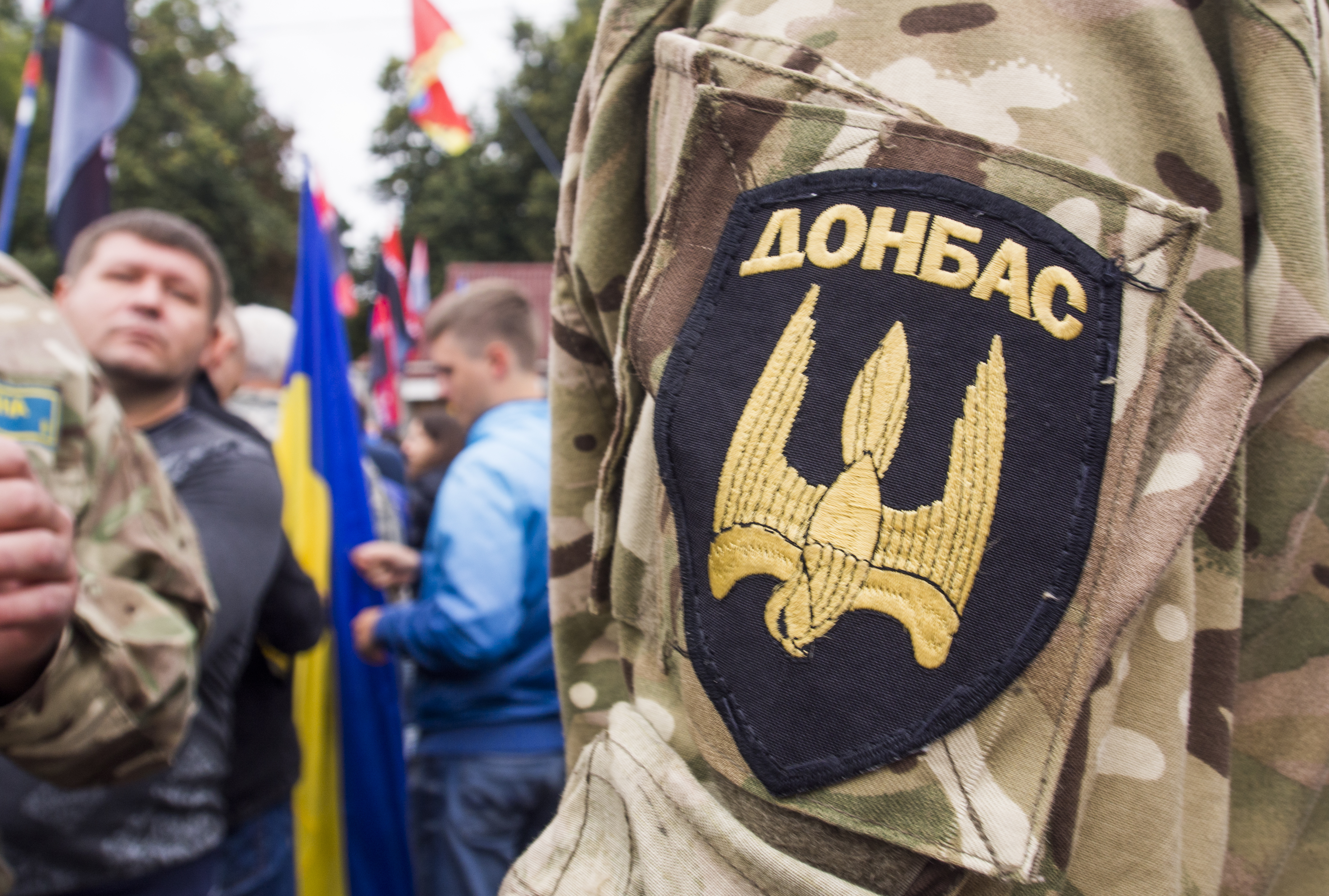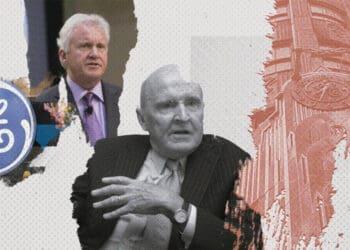This article originally appeared on Michael Tooshi’s FCPA-RUCIS blog and is republished here with permission.
Ukraine is set to screen up to 1 million civil servants in an effort to root out corruption, according to a September 17, 2014 announcement by Prime Minister Arseniy Yatseniuk. The Ukrainian parliament (or Verhovna Rada) passed a law in September authorizing the removal of government officials from their posts. It was signed by current President Petro Poroshenko last month. All government officials who worked under former President Viktor Yanukovych, as well as former senior Communist and KGB officials, will be affected by the lustration policy. Issues relating to corruption are important topics for many supporters of the current government in Ukraine who want to cleanse the government of Yanukovych’s influence. The law on “lustration,” or cleansing of those in positions of authority, was approved under political pressure from the movements that contributed to the same mass protests that toppled Yanukovych at the beginning of this year. Indeed, the notion was publicized as early as March by nationalist parties such as Svoboda, who sought to purge the government of “agents of [a] foreign secret service, people who have been involved in corruption, and people who have been involved in the destruction of democracy.” A limited lustration was conducted on police and security officials, including some judges in the aftermath of the Maidan movement. On August 14, 2014, the Ukrainian parliament adopted a bill on government lustration that introduced procedures for conducting checks of government officials and people nominated for government position with the purpose of deciding whether they meet certain criteria for occupying relevant posts. It was developed by a quasi-governmental Lustration Committee headed by Yehor Sobolev of the nationalist Svoboda party, in cooperation with the Ministry of Justice.
The bill was ultimately passed after several failed attempts when Speaker of the Parliament, Oleksandr Turchynov warned legislators that he would not allow them to exit the building without a positive outcome to the bill. In addition, Prime Minister Yatseniuk requested that the Justice Minister form an official register of individuals covered by the lustration and that senior executive officials in central government create a commission for lustration in each ministry. The lustration law was accompanied by another bill approving special “self rule” to regions in Ukraine (commonly known as Donbass) that are in a state of armed conflict with the government in Kiev. On October 7, 2014, a package of anti-corruption reforms passed the first reading by the Rada (they are scheduled for a final hearing next week), authorizing such measures as monitoring government officials’ incomes and expenses as through the use of mandatory online declarations, as well as monitoring real property ownership and the introduction of an anti-corruption service to address the discrepancies.
Some have compared the law to other attempts in post-communist eastern Europe and opined that Ukrainian lustration is overly broad in scope and likely too slanted against those who hail from the eastern part of the country to be applied fairly. It is, in our view, a far-reaching attempt to prohibit suspect officials from inflicting damage upon Ukraine’s economy and political institutions. At the same time, a practical concern may be raised as to how the authorities can arbitrarily divide the elite into corrupt and non-corrupt classifications. Indeed, Petro Poroshenko, the current President and leader of the pro-reform movement, played an instrumental role in founding Yanukovych’s Party of Regions in 2001 and became a member of the former president’s cabinet in 2012, during which time he served under Yanukovych as minister of economic development and trade. Notably, the lustration policy is limited to appointed officials and judges and prosecutors involved in prosecutions of Maidan protesters; elected officials such as Poroshenko are excluded from lustration. Ukrainian officials have aligned with numerous parties and ideologies during their careers. Instead, the concern is corruption and the abuse of power by individuals. There is already a full assortment of provisions addressing corruption in the Ukrainian Criminal Code, including a ban on occupying positions for three to five years. Accordingly, the new legislation is intended to cleanse government agencies from corrupt officials, and for lustration to play a positive role, it must be focused upon corrupt criminal activity.
During a televised cabinet session, Mr. Yatseniuk stated that “About 1 million civil servants of different kinds will come under this law, including the whole cabinet of ministers, the interior ministry, the intelligence services, the prosecutor’s office.” Significantly, the final version of the law focuses the analysis of an official’s corruption on the ability of the individual to justify his or her family income in light of actual official salary. According to Yehor Sobolev of Svoboda, lustration will be implemented through the ministry of justice and consequently, that agency will be the first to undergo the process. He reasoned, “the good news is that lustration will be organized and monitored by the Ministry of Justice because it is a powerful ministry with strong access to all databases and representative offices in all regions. The bad news (for the ministry) is that lustration needs to begin with the ministry of justice […] we must first cleanse one authority so that it can go on to cleanse the others.” (Article is in Russian) If its aims are to be achieved, the new policies will be carried out with a view toward strengthening the rule of law. In the event that it becomes a tool for harassing political opponents or a short-lived attempt to drum up support ahead of the parliamentary snap elections set for October 26, 2014, then its main objective — cleansing Ukrainian institutions of corruption — will likely be elusive at best.
Ukraine has endured several months of unrest since the ousting of Yanukovych in February 2014 and the Russian annexation of Crimea. The government has been fighting pro-Russia separatists in the Donetsk and Luhansk provinces despite frequent violations of the ceasefire that took effect on September 5. Ukraine and its allies have cited Russia’s sending so-called “volunteer” troops and supplies to assist the rebels, a claim that has been consistently denied by Russia. According to a United Nations report, at least 3,000 people have been killed in the conflict and more than 310,000 internally displaced in the country. FCPA-RUCIS strives to provide updates to our readers on the situation in Ukraine from an anti-corruption perspective.















